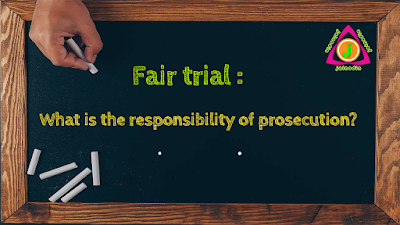Additional Collector holding charge of District Collector can not give sanction to prosecute in corruption case when employee is appointed by District Collector
It is submitted that, disciplinary authority cannot be inferior to the appointing authority. In the present case the collector being the appointing authority of the applicant, the additional collector did not have the power to remove him from service. Article 311 (1) of the constitution of India creates a safeguard where in no person who is a member of the Civil services of the Union or the state or an All Indian Service or a civil service or who holds a civil post under the union or State shall be removed by an authority sub ordinate to him. In the present case PW-3 at the relevant time was functioning as the Additional collector of Kolhapur. PW-3 in his examination in Chief makes a positive assertion that the Collector of the District is the Appointing and the removing Authority of the Appellant/accused. The Appointment order of the Appellant was produced on record by the said witness and the same is at (Exh.119). The PW 3 admits in his cross examination that the Post of the Additional Collector and Collector are different. The onus of proving a valid sanction is on the prosecution and hence it was incumbent upon the prosecution to bring on record any documents which would demonstrate that the power of Appointment and the removal of the Appellant vested with the Additional Collector. The prosecution has not produced any documents in this regard. The aforesaid witness was re-examined by the prosecution and the documents at Exh.124 is a charge report dated 11th April, 2006. It can be seen that the Collector holding regular charge was proceedings on leave and hence the Additional Charge of the District was being handed over to the PW-3. In the aforesaid charge report it is no where mentioned that the PW-3 had the authority to remove the Appellant or persons of equivalent rank from service and hence (Exh.124) would not come to the aid and assistance of the prosecution. In fact Article 311 (1) does not permit such a delegation of powers and hence assuming without admitting that there was such a delegation, then the same would nonest in the eyes of law and the same would be in conflict with the constitutional safeguard created under Article 311 (1) of the Constitution of India.[Para No.22]



